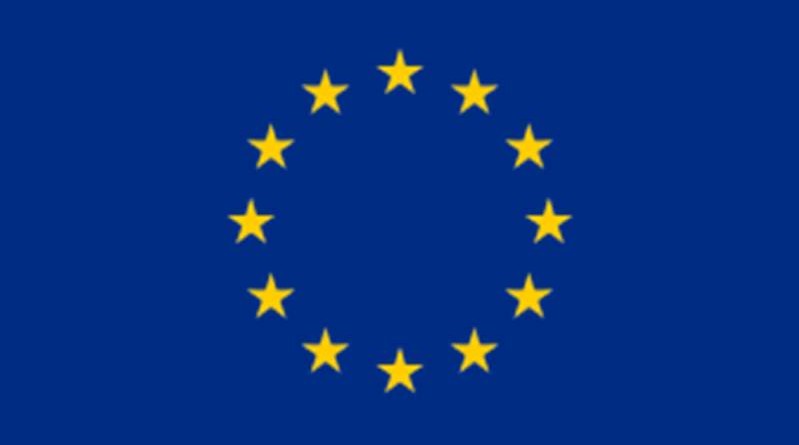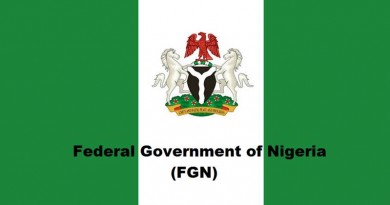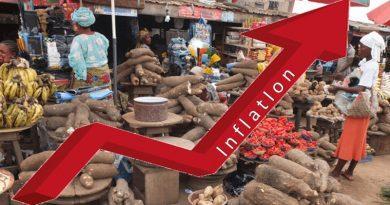EU boosts pan-African Internet connectivity Africonnect with €30 million
The EU has announced additional € 30 million for the “AfricaConnect” project, which will provide affordable, high-capacity Internet for research and education networks across Africa.
Commissioner for International Partnerships, Jutta Urpilainen, said: “Affordable high-speed broadband connectivity allow African youth, students, and researchers to boost collaborative scientific research with their peers around the world to help them tackle challenges in Africa. This is an important step towards tackling the digital divide. “
Improved Internet connectivity will not only facilitate African participation in world-class research projects, but also enable education, training and research institutions to develop and use applications to improve their teaching and learning environments, such as virtual classes or massive open online courses.
This additional € 30 million contribution from the EU budget will provide support to the three African Regional Research and Education Networks, which will also contribute € 7.5 million:
(a) UbuntuNet Alliance (Eastern and Southern Africa),
(b) WACREN (Western and Central Africa) and
(c) ASREN (Northern Africa and Middle East Arab countries) as well as
(d) GÉANT, Europe’s leading collaboration on e-infrastructure and services for research and education and operator of the GÉANT pan-European Research and Education Network.
The new contracts signed today will support the third phase of the project. Since its launch in 2014, more than 800 higher education and research institutions have been connected, their high-speed capacity has been significantly increased, while costs have been lowered.
(a) In Zambia , the National Research and Education Network (ZAMREN) multiplied their Internet capacity by 60 times, while costs dropped by 94% over a 4-year period.
(b) In Nigeria , the project helped students to improve campus security at the University of Lagos. By building a mock surveillance system for the detection of intruders, in the form of a moving robot, the project demonstrated a cost-effective way to deploy monitoring on Nigerian campuses. This has inspired other universities to improve campus security nationwide.
(c) In Uganda , the project helped students to enhance their university services through facilitating affordable online access. Frustrated with long waiting lines and complex bureaucracy, a group of software development and data management students developed an application that optimized administrative processes and enhanced their learning experience.
(d) In Egypt , AfricaConnect joined forces with the scientific community to issue early warnings about natural disasters. The impact of dust storms, which can cause injury through falling debris or trigger asthma attacks, is being mitigated through monitoring and timely alerts. Reliable Internet connectivity provided by this project has helped to access, download and transfer data from satellite sensors and meteorological stations.




